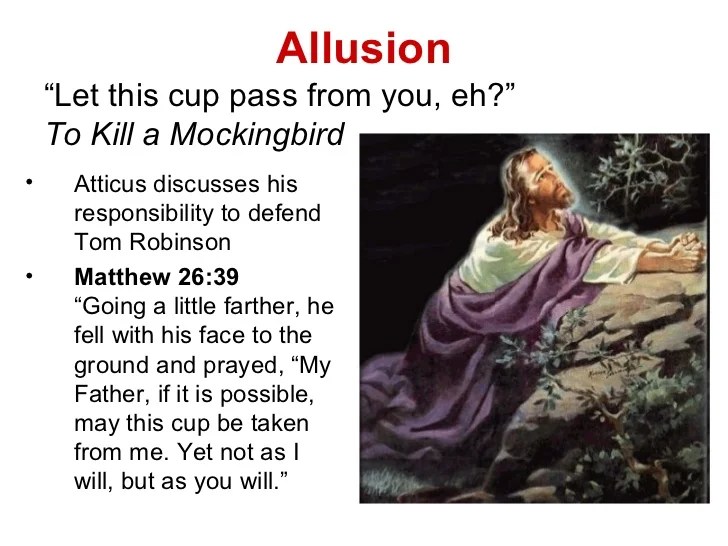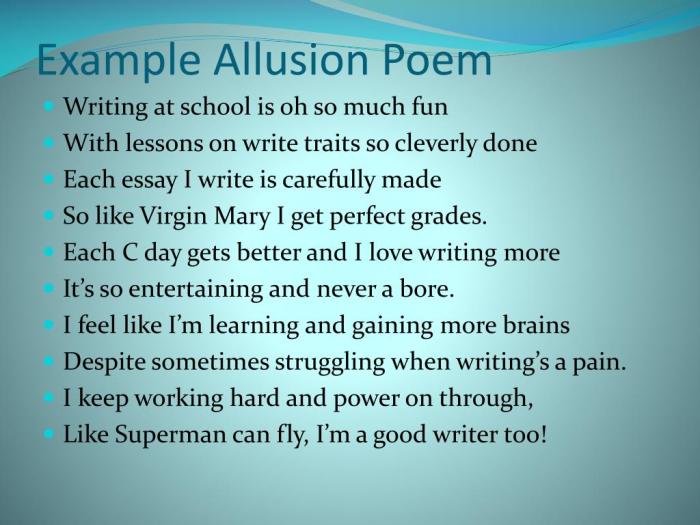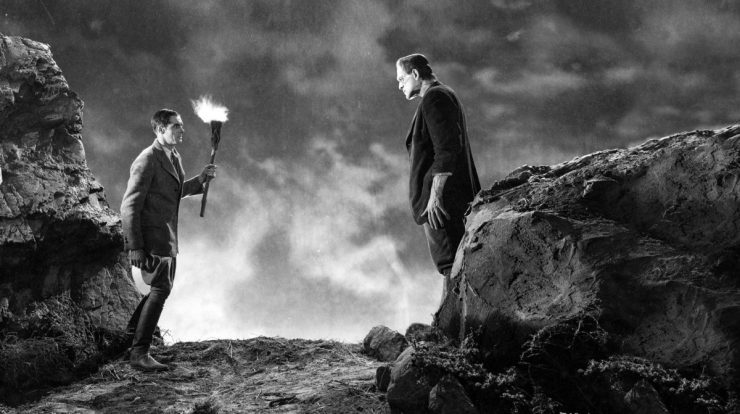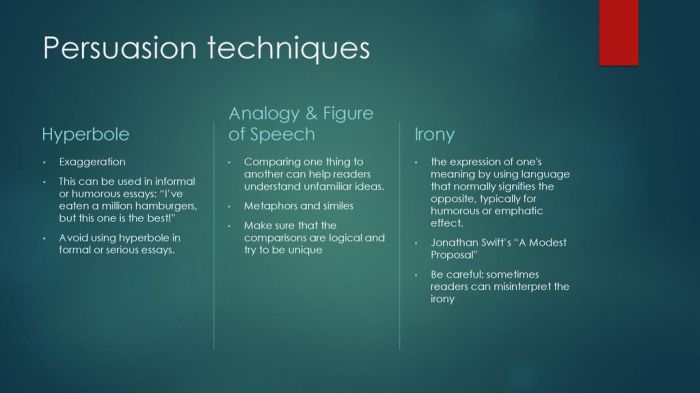Allusion in to kill a mockingbird – In Harper Lee’s classic novel “To Kill a Mockingbird,” allusions serve as a powerful literary device, enhancing the narrative’s depth, complexity, and thematic resonance. This essay delves into the multifaceted role of allusion in the novel, examining its historical, biblical, classical, and literary dimensions, as well as its structural and thematic significance.
From the historical context of the Jim Crow era to the symbolic power of biblical references, allusions in “To Kill a Mockingbird” illuminate the novel’s exploration of prejudice, justice, and the complexities of human nature.
Historical and Literary Context

The historical context of “To Kill a Mockingbird” is set in the American South during the Jim Crow era, a period of racial segregation and discrimination that lasted from the late 19th century to the mid-20th century. This era had a profound impact on the novel’s themes, characters, and plot.
One of the most significant aspects of the Jim Crow era was the system of racial segregation, which enforced separation between whites and blacks in all aspects of public life, including schools, transportation, and housing. This system created a deep divide between the two races and fostered a climate of fear and prejudice.
The novel’s setting in the Jim Crow South is reflected in numerous literary allusions. For example, the character of Tom Robinson, a black man falsely accused of raping a white woman, is a clear reference to the Scottsboro Boys, a group of nine black teenagers who were falsely accused of raping two white women in Alabama in 1931.
Biblical Allusions

The novel also contains numerous biblical allusions, which serve to enhance the novel’s themes and characters.
- The character of Atticus Finch is often compared to Jesus Christ.Both men are depicted as wise, compassionate, and just, and both are willing to sacrifice themselves for others.
- The trial of Tom Robinson is often compared to the trial of Jesus Christ.Both men are innocent of the crimes they are accused of, and both are ultimately condemned by a prejudiced society.
- The novel’s title is a reference to the biblical story of the Good Samaritan.In this story, a Samaritan man helps a wounded Jewish man, even though the two men are from different religious backgrounds. This story is a reminder that we should all love and help our neighbors, regardless of their race or religion.
Classical and Literary Allusions
In addition to biblical allusions, the novel also contains numerous classical and literary allusions. These allusions contribute to the novel’s themes and character development.
- The character of Boo Radley is often compared to the character of Hamlet.Both characters are isolated from society, and both are misunderstood by those around them.
- The novel’s title is a reference to the play “Hamlet” by William Shakespeare.In this play, the character of Hamlet is told by the ghost of his father to “revenge his foul and most unnatural murder.”
- The character of Atticus Finch is often compared to the character of Atticus in Plato’s “Republic.”Both men are wise, just, and compassionate, and both believe in the importance of education.
Structural and Thematic Significance: Allusion In To Kill A Mockingbird
The allusions in “To Kill a Mockingbird” play a significant structural and thematic role in the novel.
- The novel’s title is a reference to the biblical story of the Good Samaritan.This story is a reminder that we should all love and help our neighbors, regardless of their race or religion.
- The character of Atticus Finch is often compared to Jesus Christ.This comparison suggests that Atticus is a Christ-like figure who is willing to sacrifice himself for others.
- The trial of Tom Robinson is often compared to the trial of Jesus Christ.This comparison suggests that Tom is an innocent victim who is being persecuted by a prejudiced society.
Q&A
What is the significance of the biblical allusions in “To Kill a Mockingbird”?
The biblical allusions in the novel, such as the references to the Garden of Eden and the trial of Jesus, provide symbolic and thematic depth, exploring the themes of innocence, justice, and the consequences of sin.
How do classical allusions contribute to the novel’s character development?
The allusions to classical literature, such as the references to Atticus Finch as a modern-day Socrates, enhance the characters’ complexity and depth, highlighting their moral struggles and the timeless nature of human dilemmas.
What is the structural significance of allusions in “To Kill a Mockingbird”?
The use of allusions helps to create a sense of unity and coherence within the novel, connecting different parts of the narrative and reinforcing its central themes and messages.


